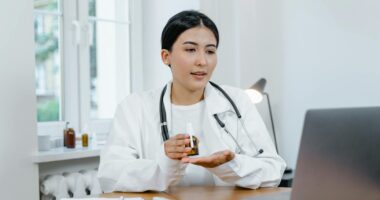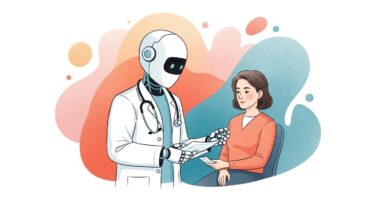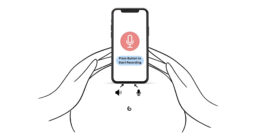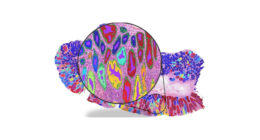Misleading TikTok videos about asthma are not only common but also significantly more popular than accurate ones, receiving over three times as many likes, according to new research.
The findings, presented at the American College of Allergy, Asthma and Immunology (ACAAI) Annual Scientific Meeting, reveal a major gap in online health education, where physician voices are being drowned out by engaging but dangerous misinformation.
A study analysing the 40 most-liked English-language videos under #asthma from 2024 found that more than one in four contained inaccurate or misleading claims. Among the most concerning myths were that asthma can be cured with breathing exercises or that caffeine combined with asthma inhalers could be fatal.
Alarmingly, these misleading videos received a median of 1,266 likes, compared to just 375 for accurate ones. Most videos (78 per cent) were created by non-physicians.
Misinfo more engrossing than reality
“TikTok and other platforms offer incredible opportunities to reach patients where they are,” said Ishitha Jagadish, MD, medical resident and lead author of the study. “But right now, misinformation about asthma is not only widespread, it’s more engrossing than accurate content. We need more allergy and asthma experts online to present science-based, engaging content.”
However, a second study on alpha-gal syndrome (AGS), a tick-borne meat allergy, found that patients are eager to hear from experts.
Researchers analysed the top 100 videos under the “#alphagal” hashtag and found that only 15 were created by physicians, and most of those were not allergists. Despite this, the physician-made videos received significantly more likes and comments than the anecdotal videos from non-physicians, suggesting an apparent demand for expert content.
“Alpha-gal is confusing for patients, and many turn to social media for guidance,” said allergist Nadia Hamid, MD, ACAAI member and lead author of the study. “While personal stories are valuable, there’s also a lot of misinformation. When allergists and other doctors step in, their content resonates – suggesting a real opportunity to improve public understanding.”











